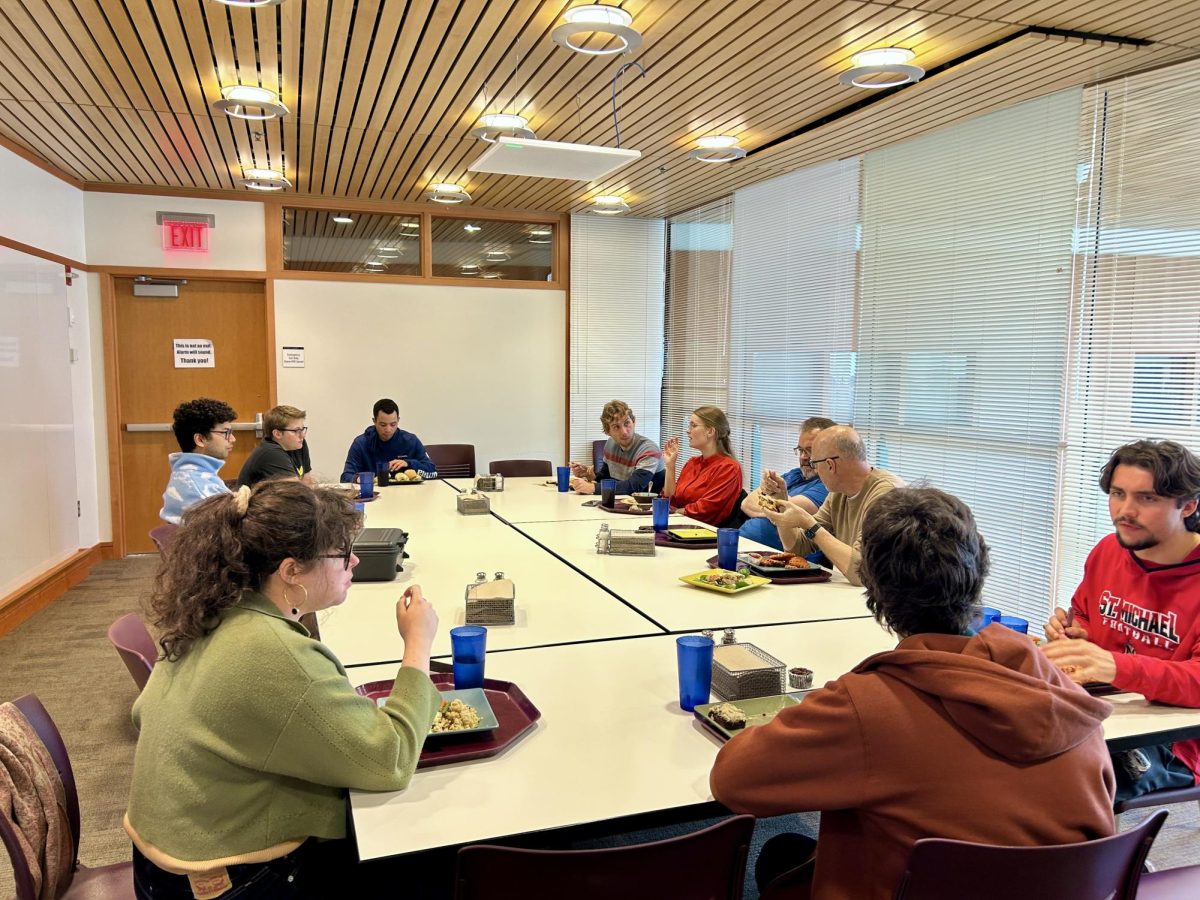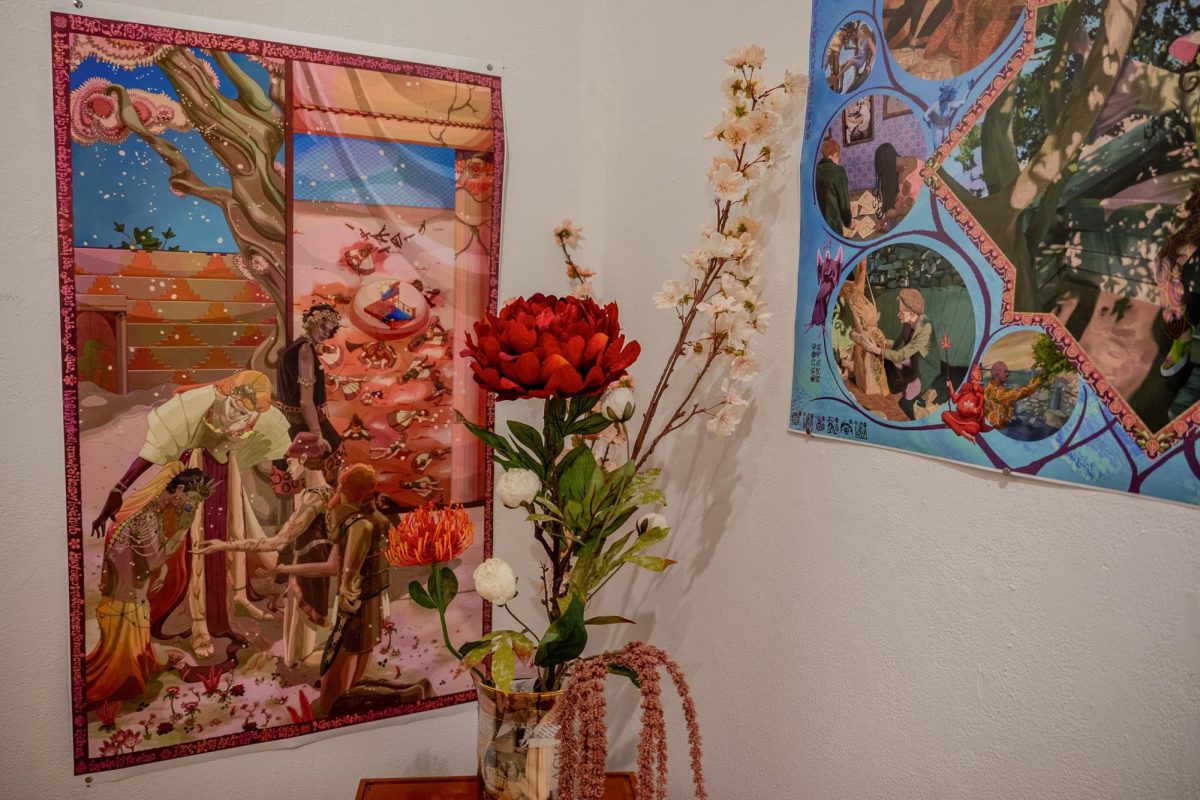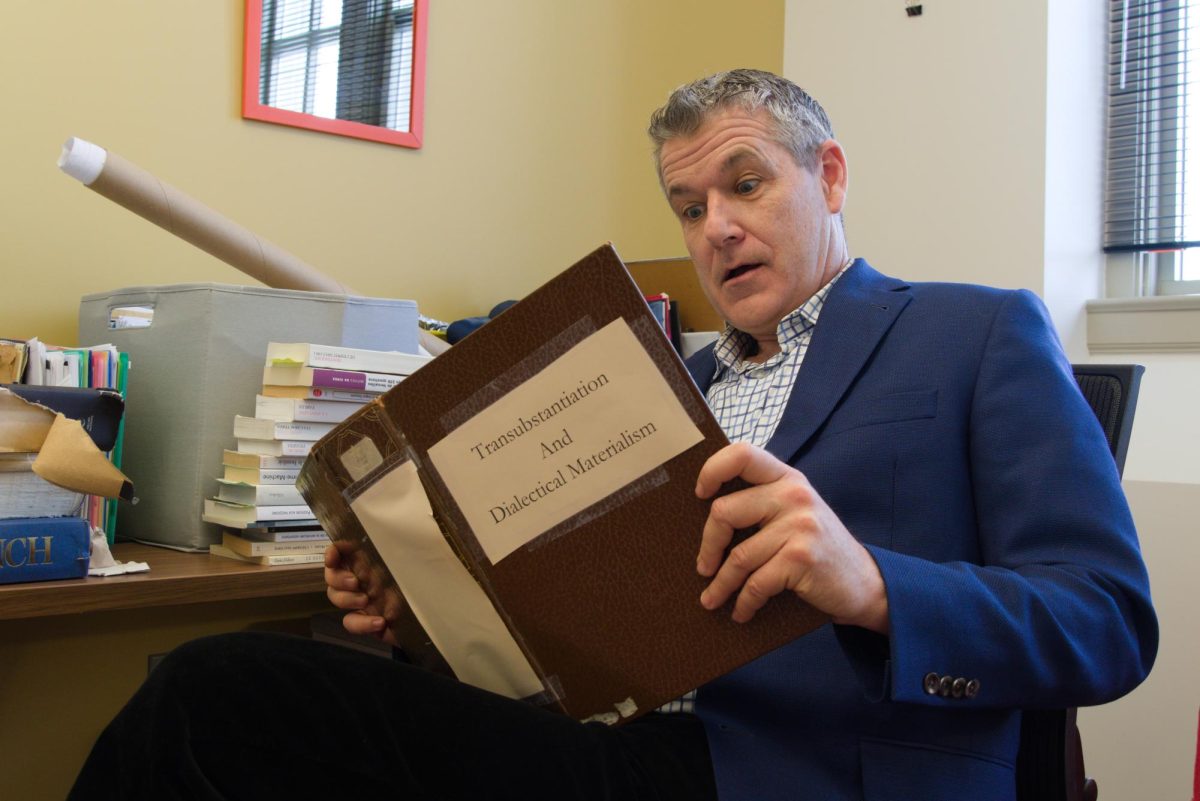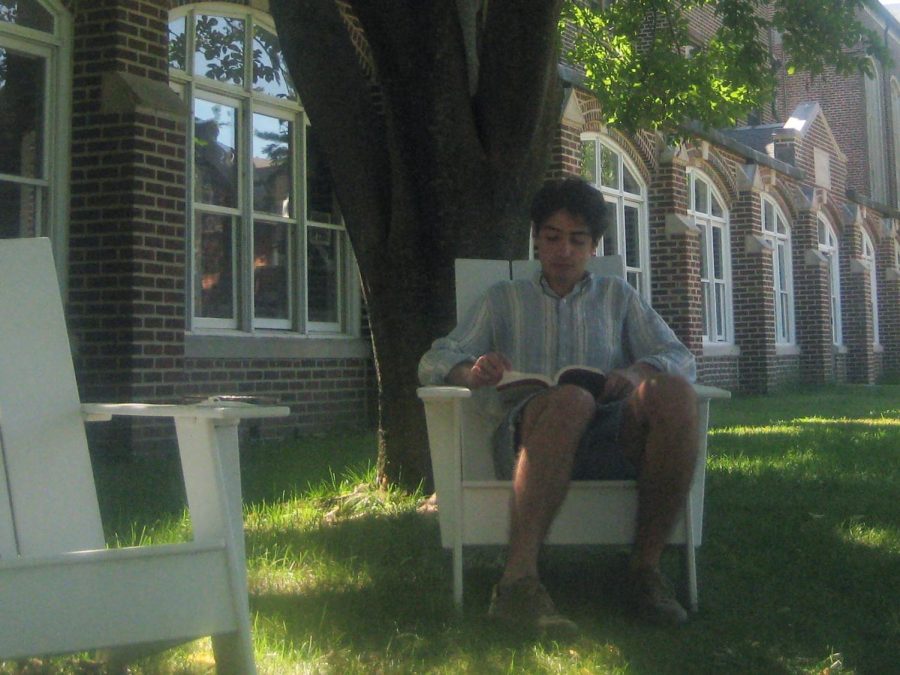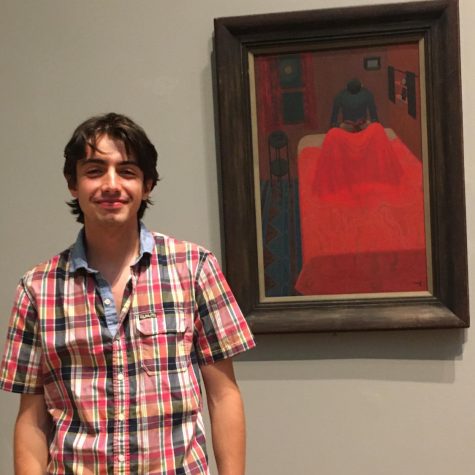Book Review: An epic of both family and nation
September 12, 2022
I stumbled upon The Promise entirely by chance. It was July, I was home, I was bored, I wanted to read and yet I found myself uninspired by the overflowing shelves at Grey Matter, a local used bookstore. But then a title caught my eye. Months prior I had read about the book, Damon Galgut’s most recent novel that won the 2021 Booker Prize. I quickly scanned a few online reviews and decided to buy the book. My expectations were high after seeing Galgut’s prose compared to that of literary giants like Faulkner, Woolf, Joyce and fellow South African Coetzee. The Promise easily surpassed them.
It feels odd to call a 293-page book an epic, but The Promise is one of both family and nation. In it Galgut captures the essence of recent South African history through an intricate mosaic of characters and experiences. This has been a hallmark of his career over the past few decades: rendering incisive portraits of South Africa using mediums of societal conflict and racial injustice.
The Promise chronicles the fate of the Swarts, the dregs of a once prosperous white Afrikaner family who, in 1986 when the story begins, cling to what economic and social clout they still possess. Spanning the fall of Apartheid to President Jacob Zuma’s resignation in 2018, the story is told across four episodes, each centered around the funeral of a different Swart family member. Besides serving as an apt metaphor for the end of Apartheid, the structural significance of funerals helps locate inheritance as one of Galgut’s central concerns.
That concern manifests when Amor Swart overhears her mother’s dying wish that Salome, a Black domestic servant, should inherit the small home where she stays on the vast Swart farm. This is the promise to which the title refers, and a symbol for the unfulfilled promise of post-Apartheid South Africa. This question of land haunts the rest of the novel. Only Amor recognizes the promise; the rest of the family scoff at her protracted attempts to give Salome the land.
A nervous refrain of political and social unrest echoes in the background, at times threatening to crash violently into the story, but it is the characters—isolated, jealous, selfish, afraid—who even in the most mundane situations bring drama and gravity to the story. Galgut paints the Swarts with an empathetic brush; they are real people rather than purely racist or evil monsters. And yet he mocks them with sardonic glee and ultimately condemns them for their failure to accept progress and relinquish the land.
The narrative is kaleidoscopic, with perspective, memory and interior monologue shuffling rapidly between characters. However, there is one glaring omission from this polyphony of voice and thought: Salome and other Black South Africans. Their presence is felt, but most often in subtle or indirect ways. Galgut does this intentionally, to embody post-Apartheid South Africa’s failure to adequately support or even recognize those whom it ostensibly set out to represent. The promise, he says, was and still is broken.
Prose is clean and accessible but at the same time experimental and full of life, taking surprising turns throughout. Galgut’s sarcastic humor counterbalances the bleakness of his subject matter, and there are some seriously funny moments as dysfunction roils about the Swart family. The Promise offers both genuine entertainment and a lyrically evocative window into South Africa today.














